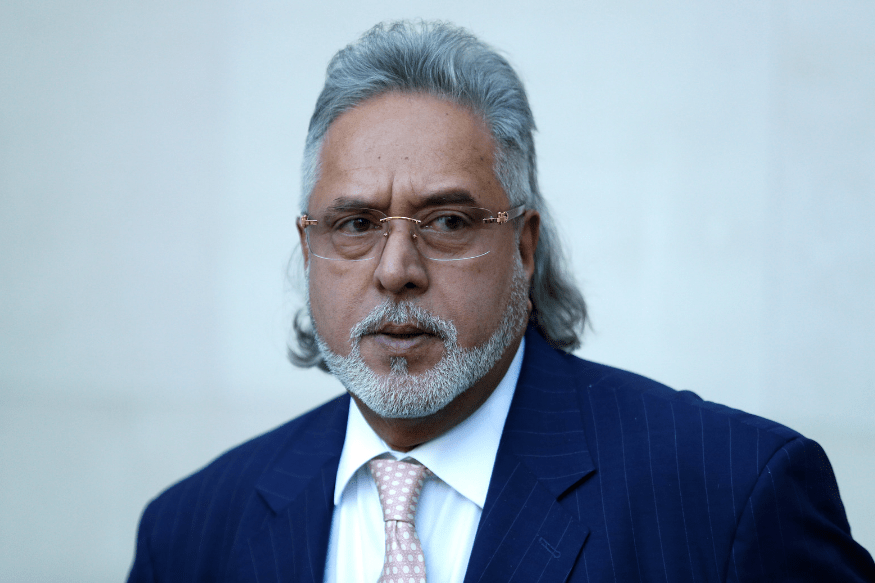The Supreme Court today questioned what the “tearing hurry” was for the “super fast” appointment of ex-IAS officer Arun Goel as Election Commissioner, despite the government’s objection to a “mini trial” within the larger case on how the commissioners are chosen.
The five-judge Constitution bench — continuing with some stinging remarks on the process for the third consecutive day — today went straight into the files on Arun Goel that it had sought yesterday.
It pointed out: “Minister of Law picks up four names from the list of names shortlisted… The file was put up on November 18; moves the same day. Even PM recommends the name on the same day. We don’t want any confrontation, but was this done in any haste? What’s the tearing hurry?”
It added, “This vacancy [became] available on May 15. Show us from May to November, what prevailed upon the government to do things super fast?” It noted that the process “started and completed on the same day”. “Not even in 24 hours, the process was completed and notified. What kind of evaluation [was done] here… Although, we are not questioning the merits of Arun Goel’s credentials but the process.”
Asking about how four names were shortlisted from the officer database of the Department of Personnel, the court further remarked, “We are being blunt. If all these four names are carefully chosen, as yes men — we are concerned with the process of selection,” .
The bench, headed by Justice KM Joseph, yesterday said it wanted to know if there was any “hanky panky” in the appointment of Arun Goel as he was only recently given voluntary retirement and immediately appointed to the poll body.
After concluding the hearing today, it reserved its order on a batch of pleas seeking a collegium-like system for the Election Commission appointments.
It noted that, as per the law, the government has to ensure that the person who holds the post completes the six-year tenure.
The court said it is “struggling” to find the reasons why the Law Minister selected a panel of four names who were not going to complete the stipulated six-year tenure, as they would turn 65, the age of retirement from the poll body, before that.
Arun Goel took charge only this Monday, November 21, according to the commission’s website. An IAS officer of the 1985 batch from the Punjab cadre, he retired as Secretary, Union Ministry of Heavy Industry, after more than 37 years of service. He is now in line to be Chief Election Commissioner after Rajiv Kumar demits office in February 2025.
His appointment was mentioned in court yesterday by activist-lawyer Prashant Bhushan, who underlined that Mr Goel was made part of the three-member Election Commission — besides chief Rajiv Kumar and AC Pandey — just after the larger issue had come up for hearing last week.
The court, in seeking files on his appointment, rejected the objections by Attorney General R Venkataramani, who said it wasn’t right to take up individual instances.
“We will not treat it as an adversarial and keep it for our record, but we want to know as you claim that everything is hunky dory,” the court said.
Pointedly about independence of such officers, the court yesterday presented a “hypothesis” to the central government: “Do you think the Election Commissioner… if he’s asked to take on none less than the Prime Minister — it’s just an example — and he doesn’t come around to doing it: Will it not be a case of complete breakdown of the system?”
It also cited how “one of the Election Commissioners, in fact, resigned”. The court did not take names, rather arguing its central point that the appointment system is in “dire need for change”.
The court has flagged how Article 324 of the Constitution — on appointment of election commissioners — does not chalk out a procedure. The Article envisages a law by Parliament to define the process, but that’s not been made in the last 72 years.
The government has cited a 1991 law and past conventions of appointment recommended by the PM-led cabinet to the President, who then picks an officer. “Stray instances cannot be the grounds for the court to interfere. To safeguard the position is our endeavour,” the government’s lawyer submitted.
“First a list is prepared of all senior bureaucrats. And then the list is sent to the Law Ministry which is then forwarded to the PM,” the lawyer explained, and argued, “The existing system is working fine and there is no trigger point for the court to intervene.”
Source Link




